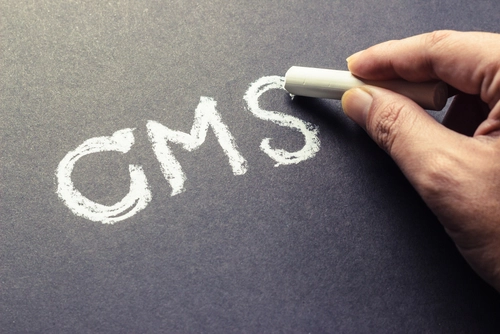FAQs Answer Your Meningitis Dx Conundrums
Report G03.0 for nonpyogenic meningitis. When your surgeon documents meningitis in the medical record, you need to be aware of numerous details such as the exact type of meningitis and whether it’s bacterial meningitis or not. Answer the following questions to make sure you always submit clean meningitis claims in your practice. Identify Dx Code for Meningitis Caused by Hemophilus Influenza FAQ 1: What code would we report for bacterial meningitis caused by Hemophilus influenza? Answer 1: You should report G00.0 (Hemophilus meningitis) for meningitis caused by Hemophilus influenza. Hemophilus meningitis defined: Hemophilus meningitis refers to a type of bacterial meningitis caused by Haemophilus influenzae type b (Hib) where a patient suffers from inflammation of the protective membranes around the brain and spinal cord. Examine Options for Streptococcal Meningitis FAQ 2: What ICD-10 code should we report for Streptococcal meningitis? Answer 2: You should report G00.2 (Streptococcal meningitis) for Streptococcal meningitis. Streptococcal meningitis defined: Streptococcal meningitis refers to a type of bacterial meningitis caused by group B streptococcal bacteria where a patient suffers from inflammation of the protective membranes around the brain and spinal cord. This type of meningitis is most commonly spread from a mother who is carrying group B streptococcus to the baby during labor and childbirth. Don’t miss: When you report G00.2, you should also report an additional code from categories B95.0 (Streptococcus, group A, as the cause of diseases classified elsewhere)-B95.5 (Unspecified streptococcus as the cause of diseases classified elsewhere), to further identify the organism, according to the ICD-10 manual. Neurosurgeon Documents Nonpyogenic Meningitis? Do This FAQ 3: My neurosurgeon documented a diagnosis of nonpyogenic meningitis. Which ICD-10 should I report for this condition? Answer 3: You should report G03.0 (Nonpyogenic meningitis) when your physician documents a diagnosis of nonpyogenic meningitis. Don’t miss: Nonpyogenic meningitis is a condition where the meninges are inflamed but the cerebrospinal fluid is clear and/or does not show evidence of a bacterial infection, says Gregory Przybylski, MD, immediate past chairman of neuroscience and director of neurosurgery at the New Jersey Neuroscience Institute, JFK Medical Center in Edison, New Jersey. Covered conditions under G03.0 include aseptic meningitis and nonbacterial meningitis, according to ICD-10. Investigate Meningitis Due to Escherichia Coli FAQ 4: What diagnosis code should I report for bacterial meningitis due to Escherichia coli? Answer 4: For meningitis due to Escherichia coli, you should report G00.8 (Other bacterial meningitis). If you look under the covered diagnoses for G00.8, you will see that this code also includes meningitis due to Friedländer’s bacillus and meningitis due to Klebsiella. When you report G00.8, you must make sure that the physician documented bacterial meningitis caused by an organism other than Hemophilus, Streptococcus pneumoniae, group B streptococcus, or staphylococcus bacteria. Don’t miss: When you report G00.8, you should also use an additional code from category B96- (Other bacterial agents as the cause of diseases classified elsewhere) to further identify the organism, according to ICD-10. Rely on These Codes for Unspecified Bacterial Meningitis FAQ 5: Which ICD-10 code do you report when your physician does not specify the bacteria that caused the meningitis? Answer 5: When your physician does not specify the type of bacteria that caused the meningitis, you should report either G00.9 (Bacterial meningitis, unspecified) or G04.2 (Bacterial meningoencephalitis and meningomyelitis, not elsewhere classified). You should report ICD-10 code G00.9 for meningitis and code G04.2 for meningoencephalitis and meningomyelitis. Don’t miss: Code G00.9 includes the following conditions: Turn to G03.2 for Benign Recurrent Meningitis FAQ 6: I am looking through my physician’s medical records, and he documented benign recurrent meningitis. How should I report this condition? Answer 6: You should report G03.2 (Benign recurrent meningitis [Mollaret]) for this condition. Benign recurrent meningitis, also known as Mollaret meningitis, refers to a medical condition where a patient suffers from inflammation of the protective membranes around the brain and spinal cord that resolves in 2 to 5 days, then recurs a week to a year later.




